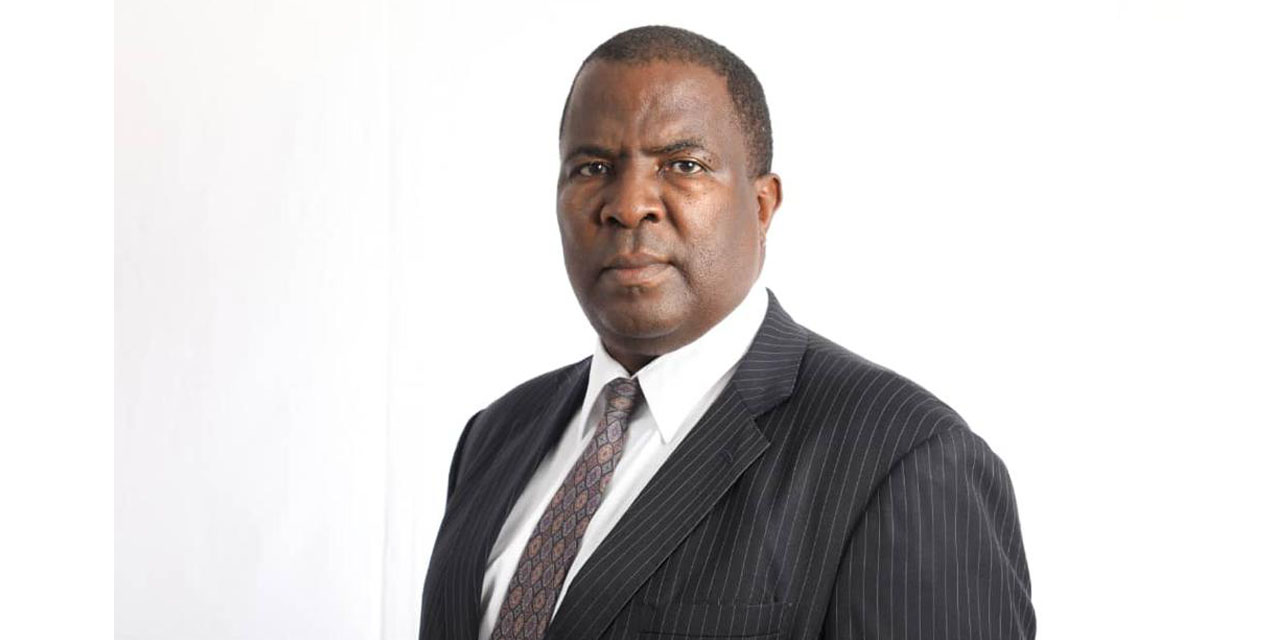Eba Kandovazu
THE Executive Director in the Office of the Judiciary, Bernhardt Kukuri says that more Magistrates are needed in the country to ensure the speedy finalisation of cases.
Namibia currently only has 104 magistrates.
Kukuri stated that more courts need to be built in the country to fast track the slow finalisation of cases and the backlog of cases at courts. Currently, Namibia only has 37 magistrate courts and 35 periodical courts.
Kukuri was responding to queries after President Hage Geingob expressed disappointment in the slow turning wheels of justice at the opening of the Legal year today. Geingob emphasised that justice delayed is justice denied. He singled out the Caprivi Treason trial which is now running for 20 years.
“There has been a consistent outcry in recent years that court rolls are full, and that matters brought before the courts take a long time to be finalised. It is clear that the escalating volumes of un-cleared backlog contributes to negative public perceptions and experiences. This in turn clouds the overall image of the administration of justice which creates a lopsided image of the rule of law in the country. I therefore implore role players in the administration of justice to ensure equitable access to justice and speedy finalisation of matters before the courts,” Geingob urged.
Geingob however acknowledged the budgetary constraints of the Judiciary, namely Legal Aid and the Prosecuting Authority in the filing of critical vacancies, increasing legal aid lawyers and upgrading court buildings.
Kukuri also explained that the growing population also puts another pressure on the justice system.
“Our population is growing. In terms of international norms, there is a certain number of people you should have to serve the court. Basically with growth you must have more courts. The number of people has grown and the number of cases continuing on a daily basis is increasing. We need to work hard to also increase the number of Magistrates. Resource allocation is an issue but we need to build more courts,” Kukuri lamented.
” We are aware of how these limited resource allocations sometimes contribute to negative perceptions both nationally and internationally. We commit to prioritise allocation of resources to critical needs whenever possible.We all know that the past seven years have not been kind to our development aspirations. At a time when we were looking forward to consolidating our economic growth, the global economy experienced a meltdown which resulted in negative economic growth for most economies including Namibia. A period of relentless droughts exacerbated the situation and although signs were showing that we were emerging from this difficult chapter, an uninvited callous Covid-19 guest arrived on our shores which continue to place even greater pressure on our fragile economy,” Geingob explained.
At the same event, Geingob urged legal practitioners to embrace a pro bono culture, and to “hold each other accountable and serve the Namibian people with dignity and diligence in an effort to use the law as a tool to enhance social justice,”




